In Brief
Situation Report
Protests erupted across the country on February 15th as citizens continue to voice their opposition to what they perceive as an increasing authoritarian grip by the ruling Georgian Dream party.
The demonstrations are fueled by fears of a pivot towards Russia, following the government's suspension of EU accession talks and a series of legislative measures perceived as repressive.
Protesters are demanding significant changes, including accountability from government officials, the release of political prisoners, and a commitment to democratic principles.
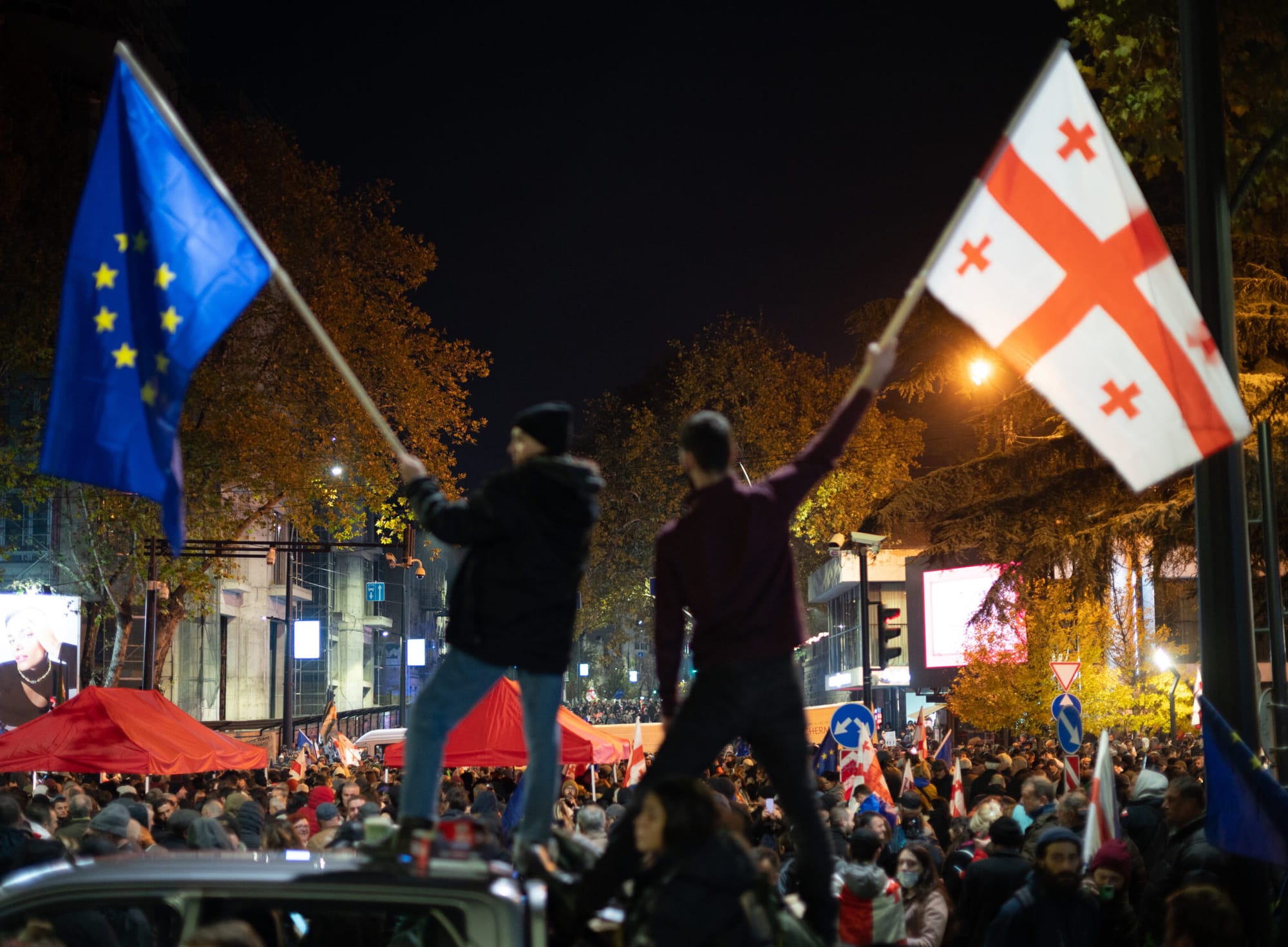
The movement has gained momentum amid widespread discontent regarding the government's handling of recent elections, which many claim were marred by fraud.
In response to the growing unrest, authorities have intensified crackdowns on dissent, detaining opposition leaders and activists while implementing stricter penalties for protest-related activities. This includes new laws that criminalize road blockages and other forms of civil disobedience.
Despite these challenges, demonstrators remain resolute in their fight against government repression. They argue that their struggle is not only for democracy in Georgia but also against external influence from Russia, which they fear could undermine their sovereignty.
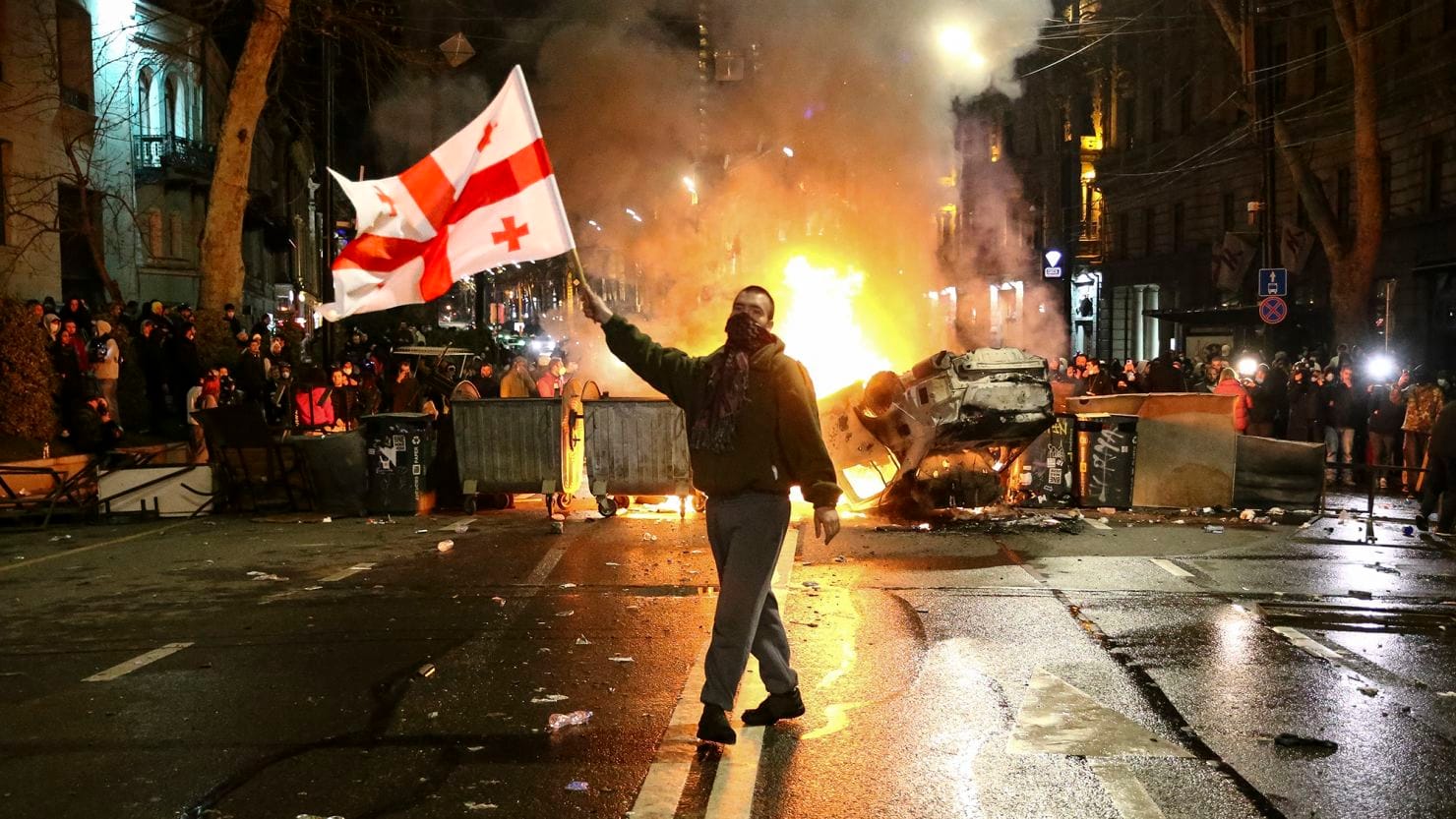


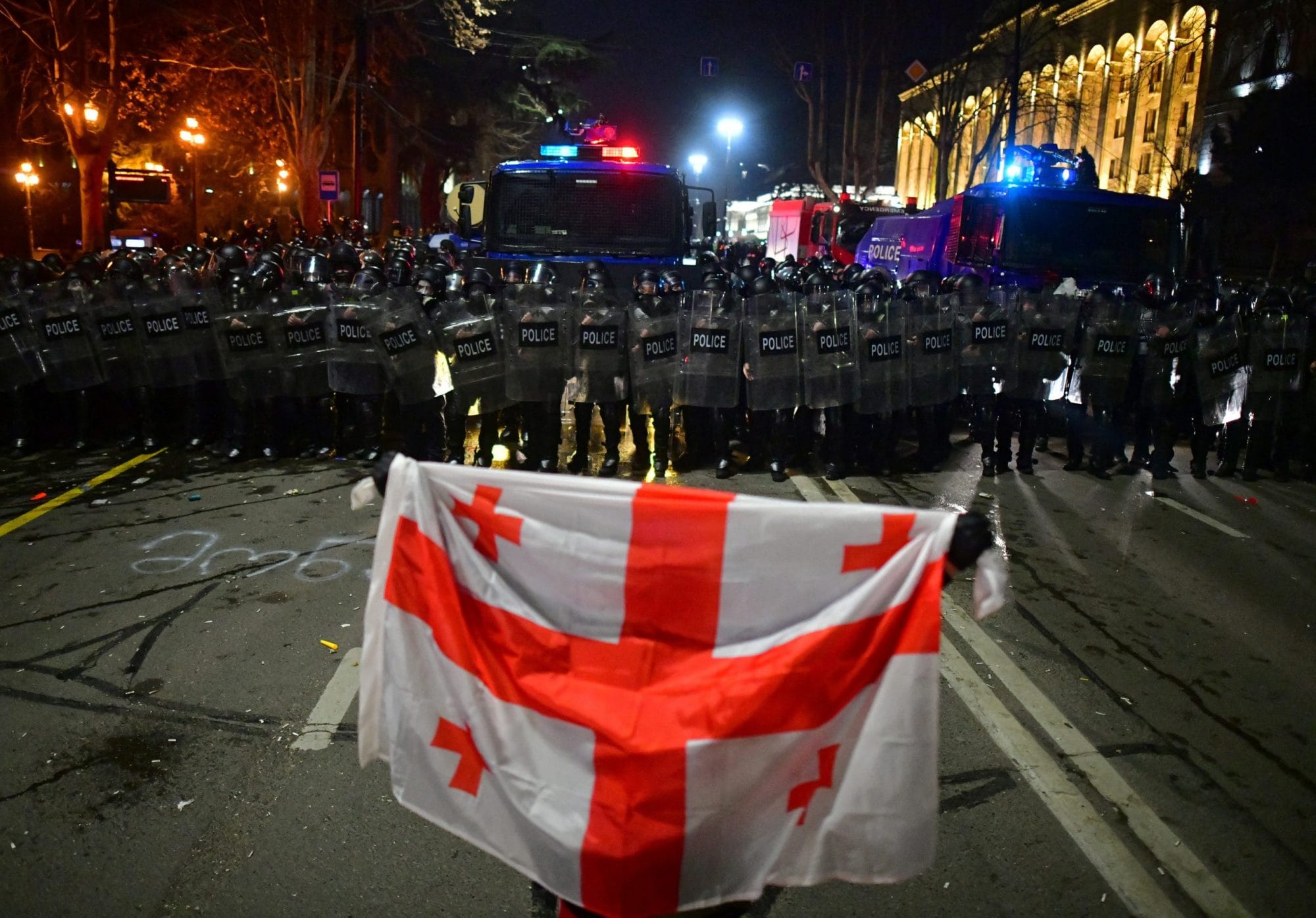

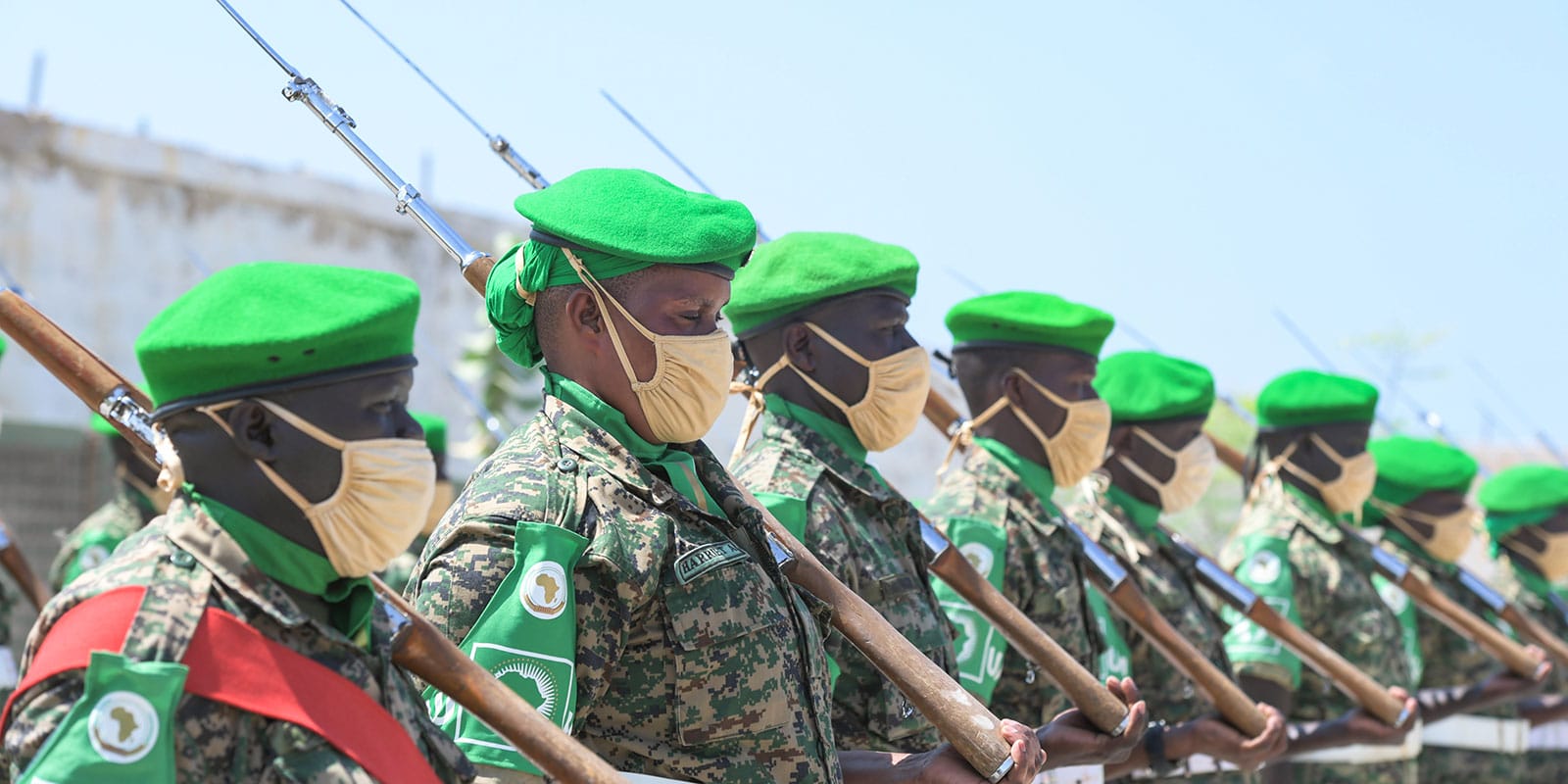


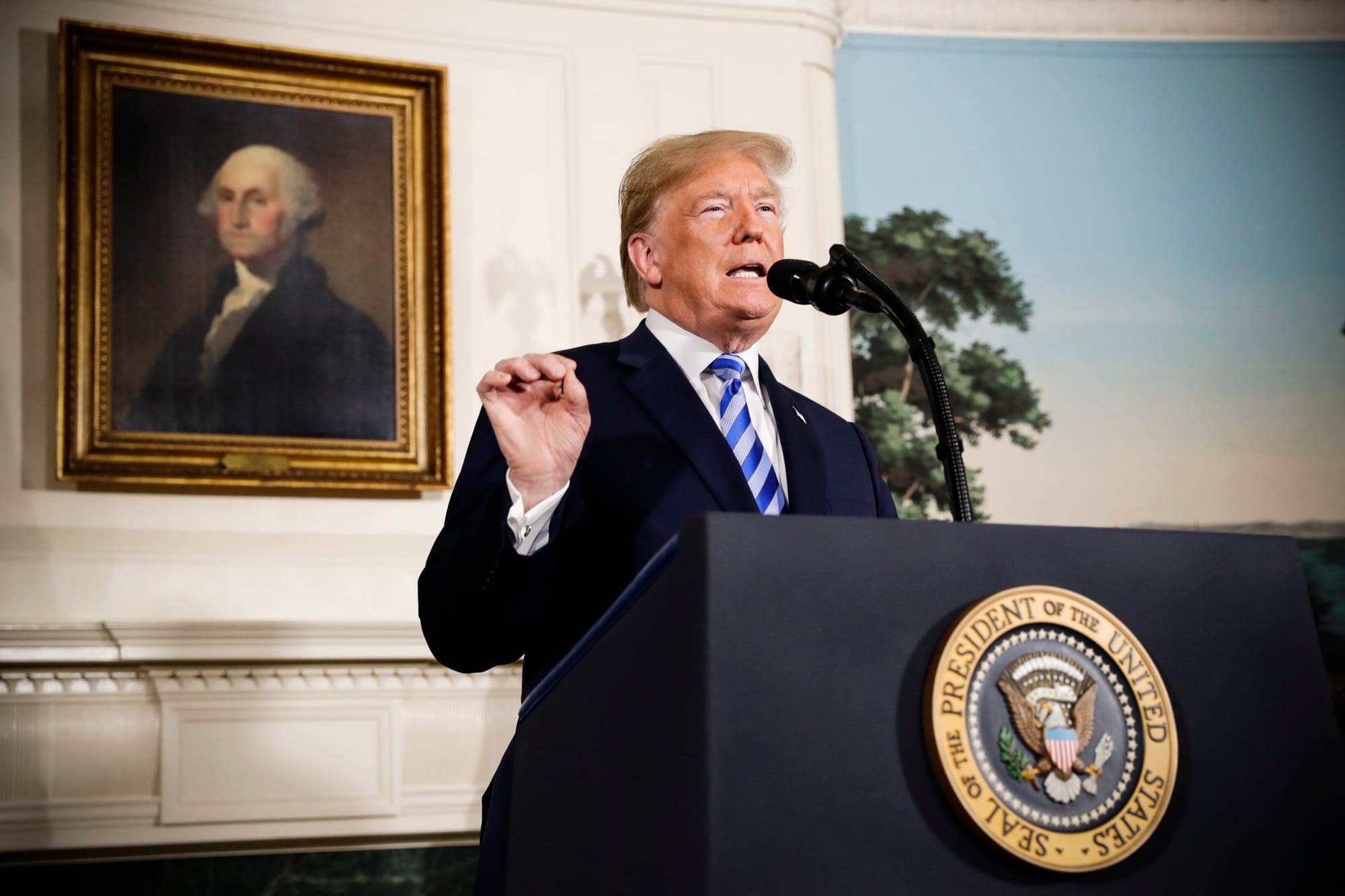
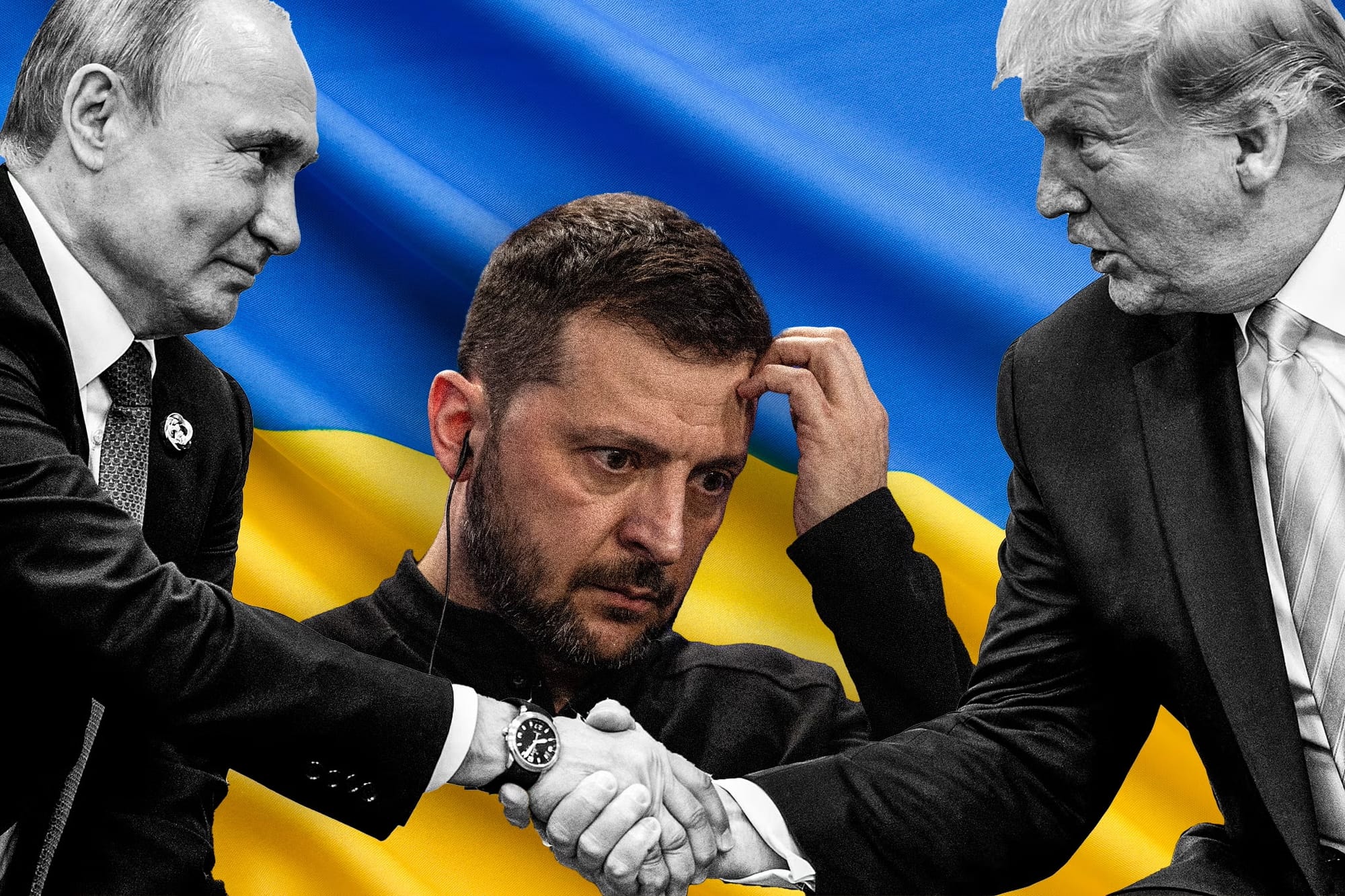

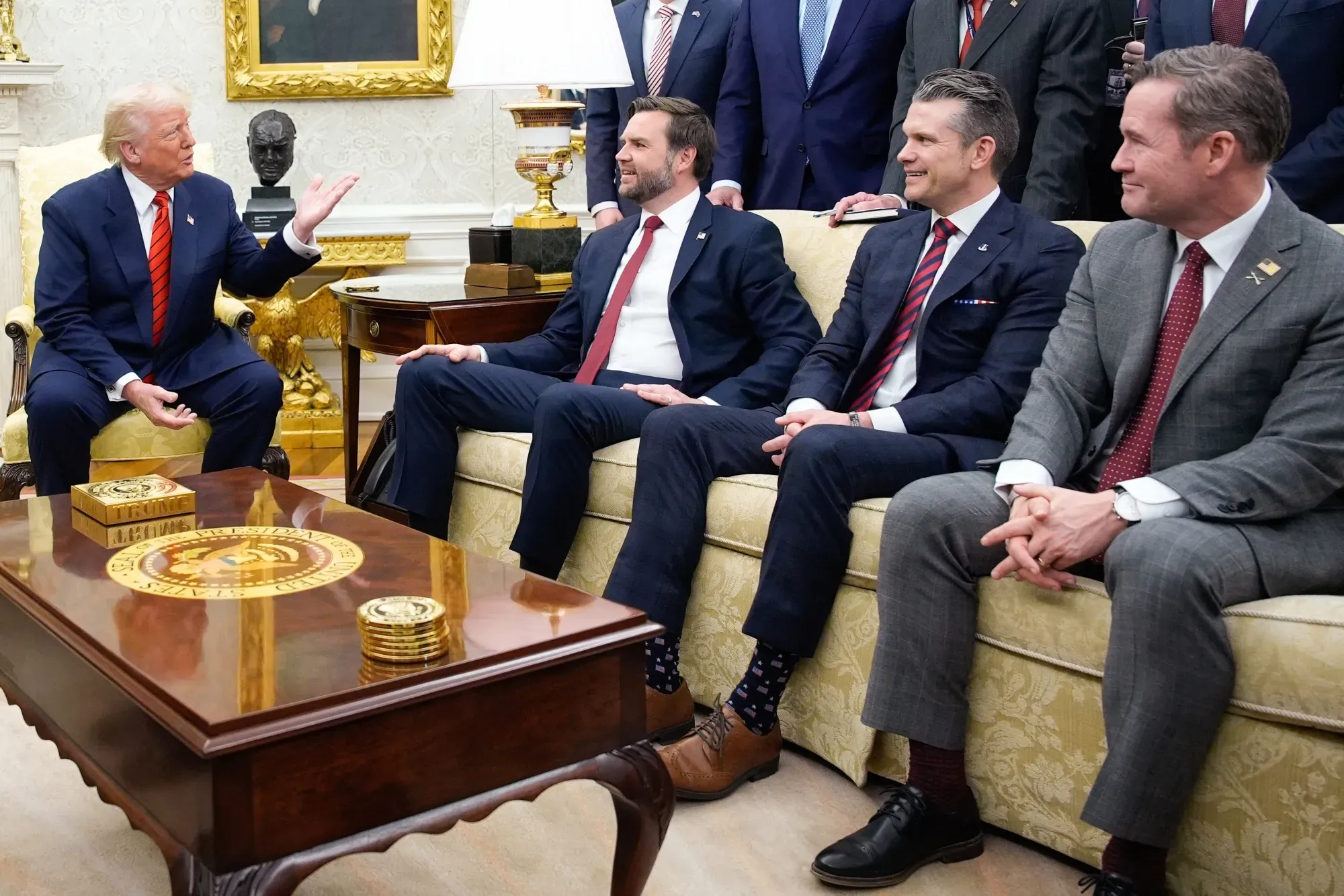
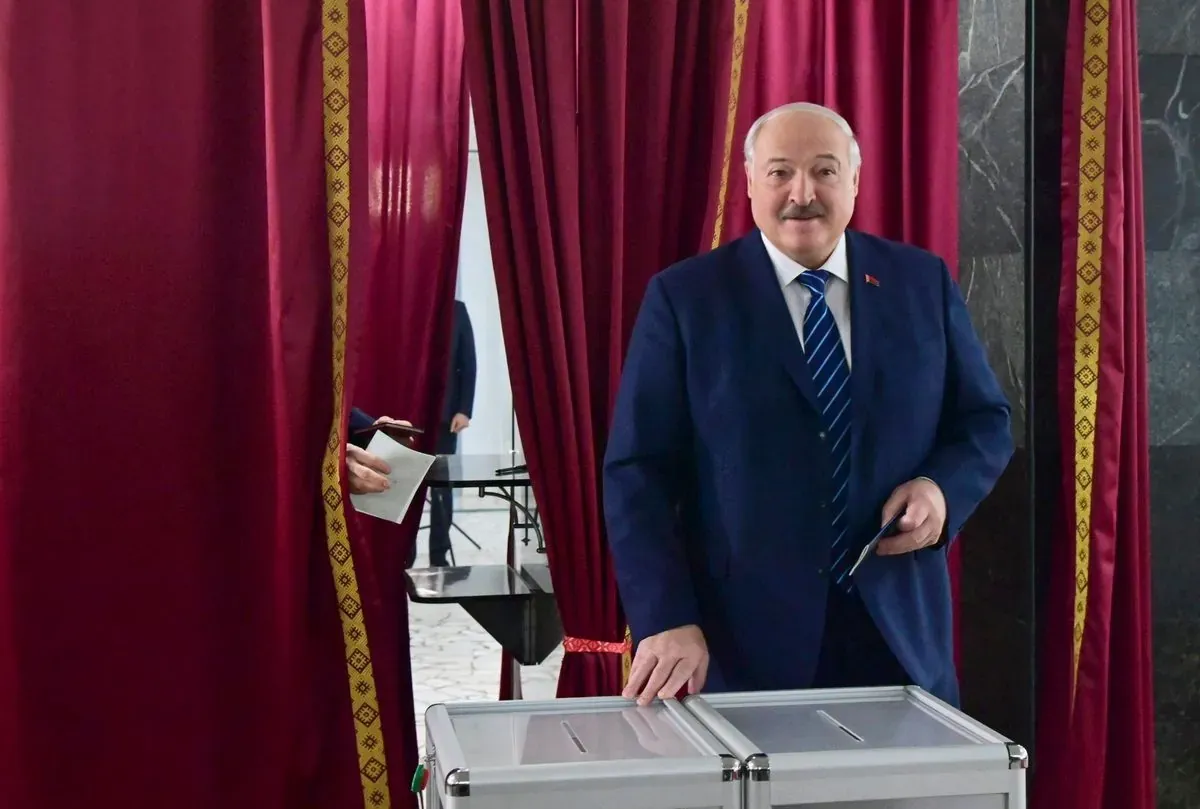
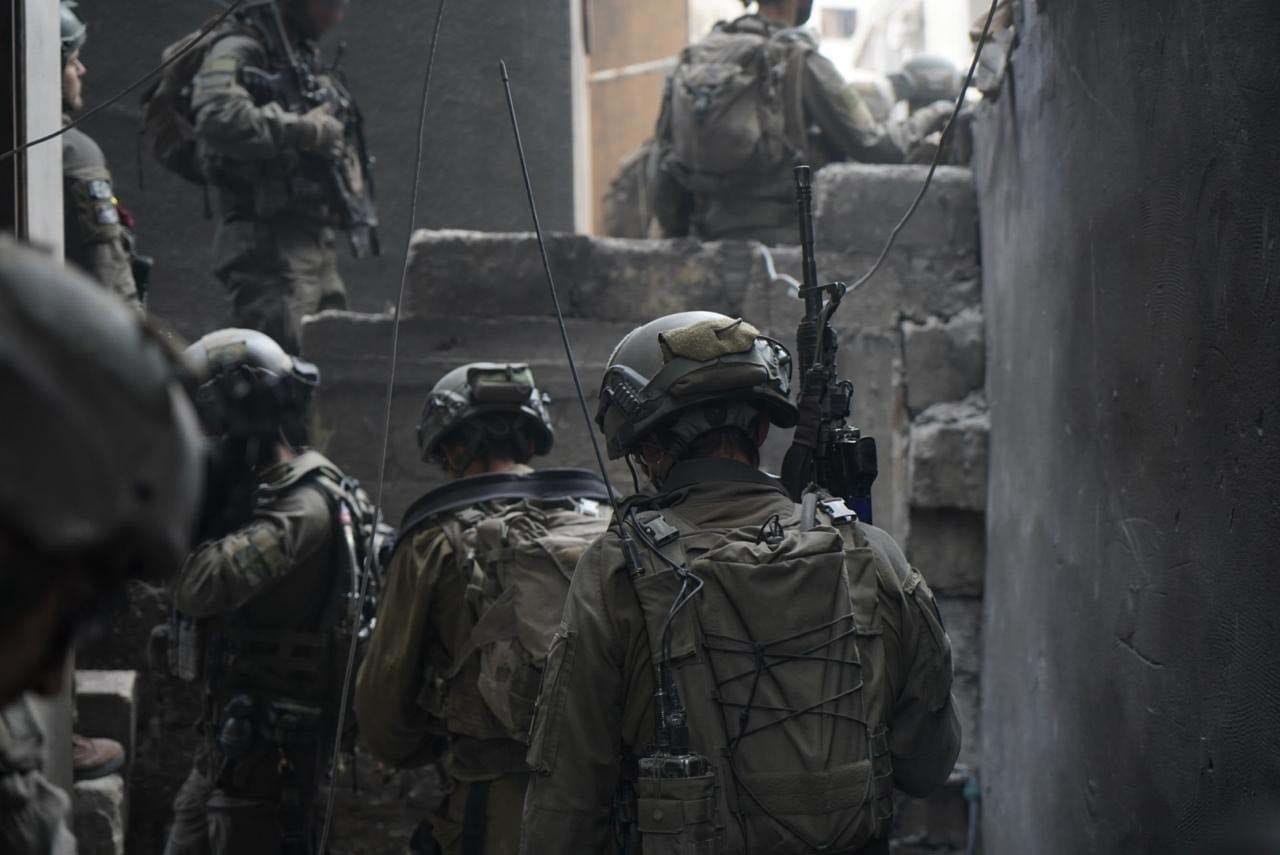
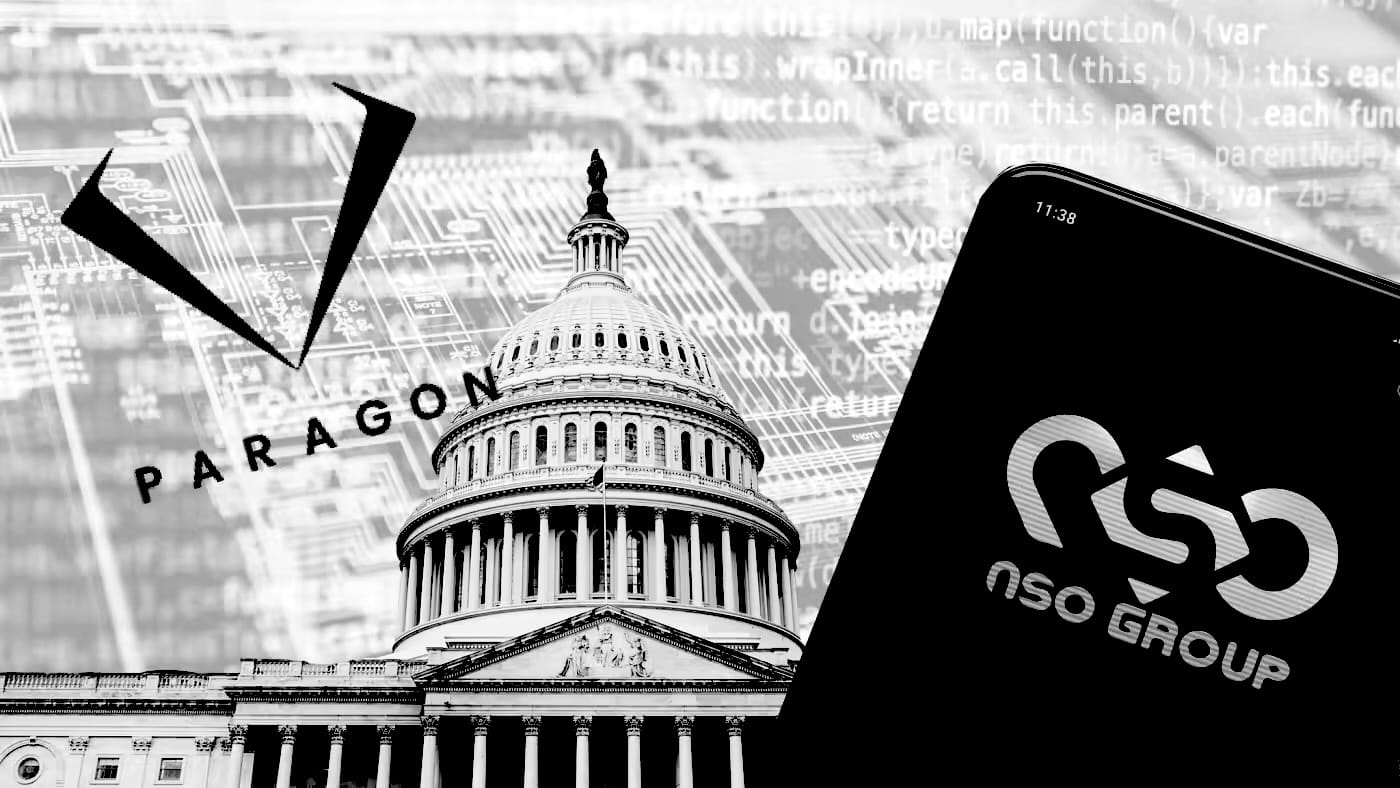
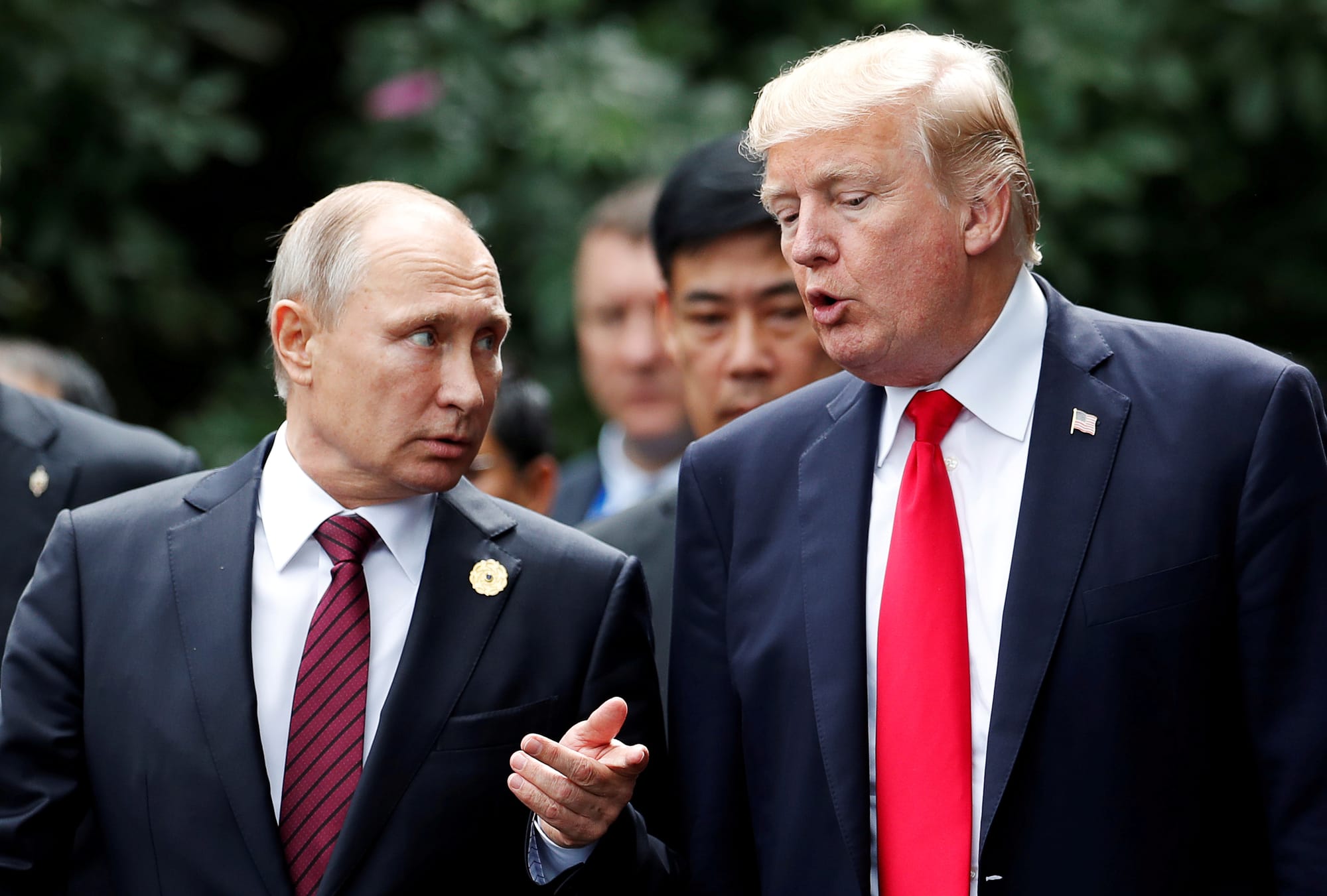
Discussion